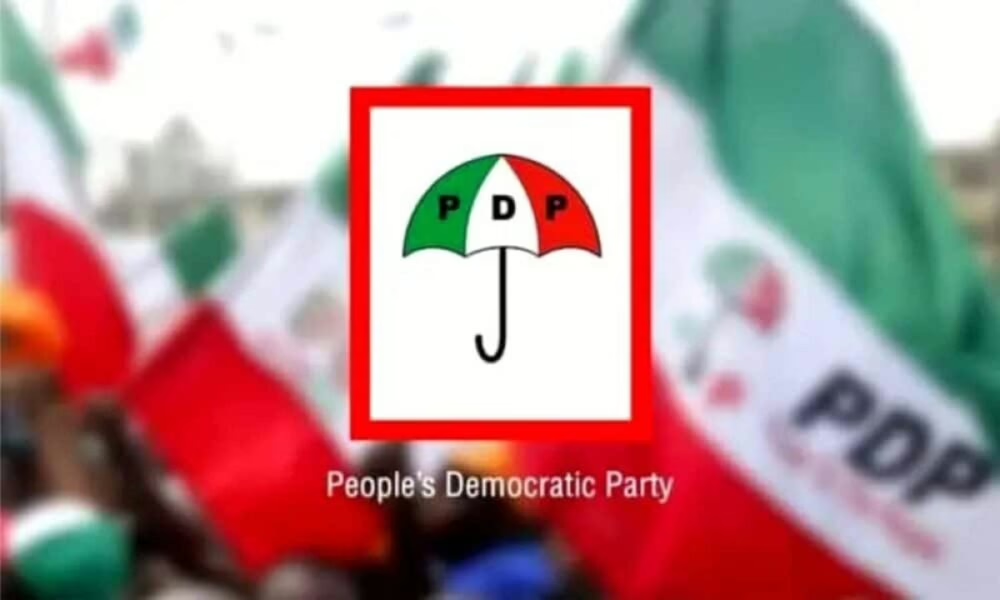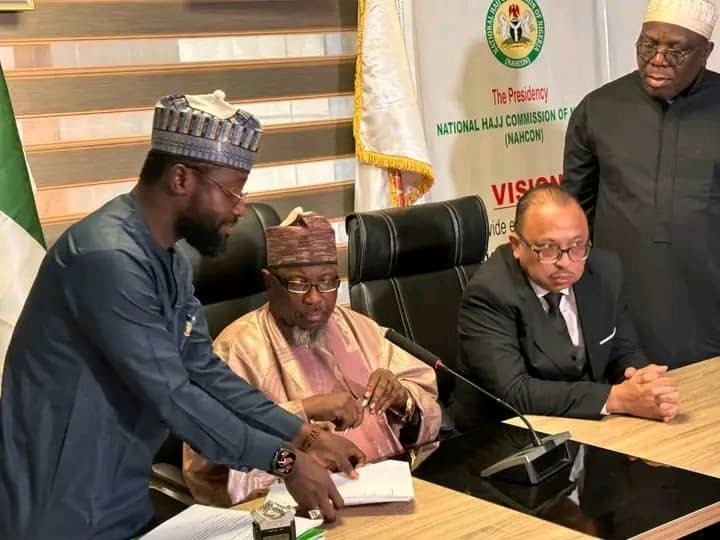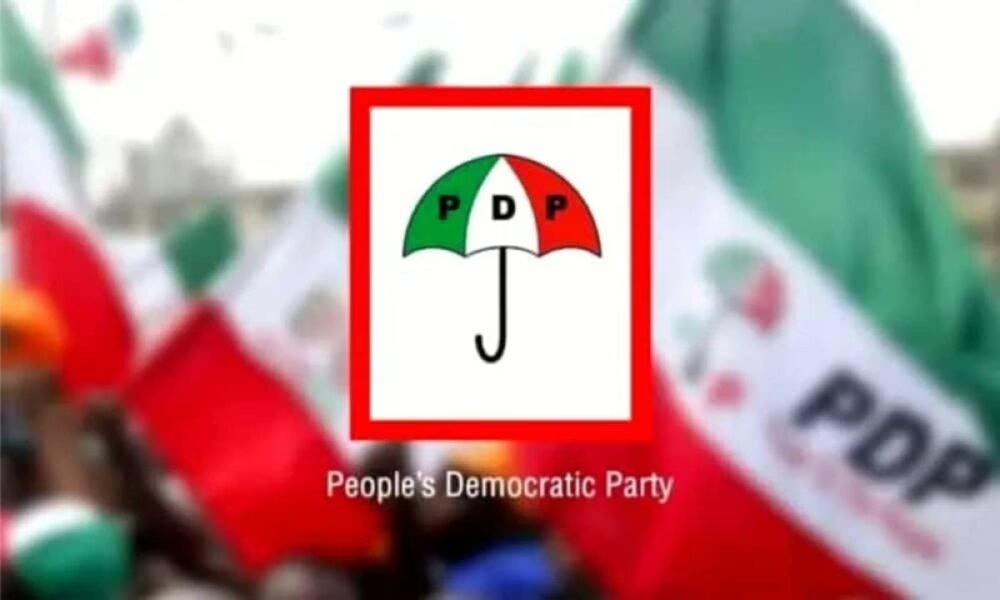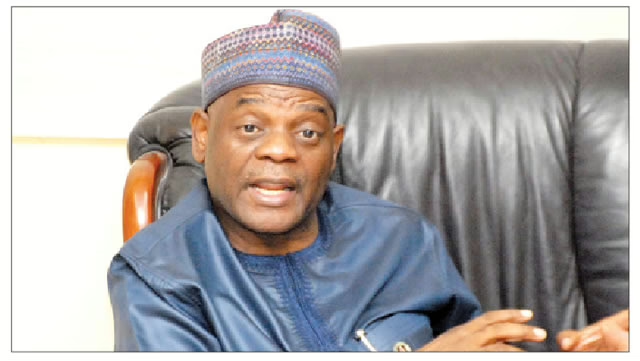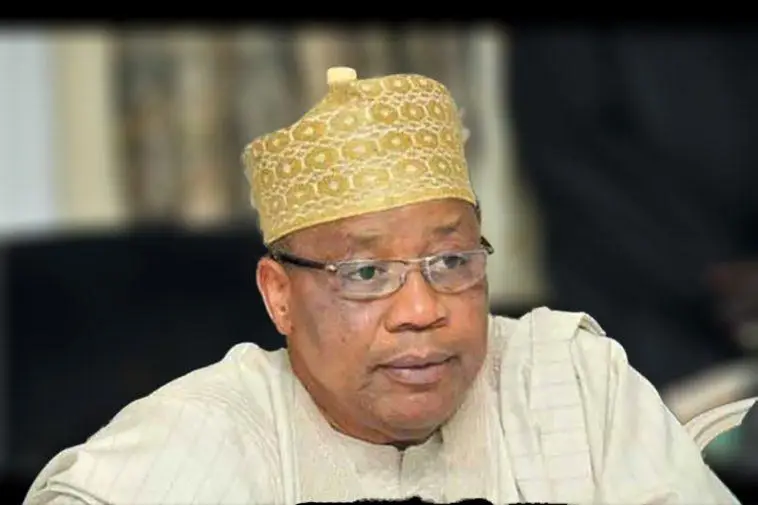There is no doubt that good money that should have been applied to capital projects and social services for the benefit of the people of Nigeria is expended on debt servicing. And this pushes the economic development of Nigeria further into the future.
In 2022, Patience Oniha, Director General of the Debt Management Office, had warned that “Dependence on borrowing and low revenue base (a financially toxic combination) are now threatening sustainability.” ‘Threatening debt sustainability’ means inability to service or repay debts; a condition that creditors generally abhor.
As predicted by International Monetary Fund, Nigeria’s debt-to-revenue ratio jumped from 76 per cent in 2021 to 92 per cent in 2022. Yet Zainab Ahmed, Minister of Finance and National Planning of former President Muhammadu Buhari, kept pointing critics away from Nigeria’s debt-to-revenue ratio to the debt-to-Gross Domestic Product ratio, as if productivity is the same as cash flow.
However, President Bola Tinubu broke the good news in his recent broadcast to Nigerians that the debt-to-revenue ratio has been reduced to 68 per cent, while revenue for the first half of 2024 hit N9.1 trillion, twice the revenue of the first half of the preceding year, 2023.
The DMO revealed that “within 30 months (from first quarter of 2022 and second quarter of 2023) Nigeria’s debt servicing increased to N5.24 trillion. All this is due to an uncontrollable and insatiable binge of budget deficit financing. It was the same DMO that announced in December 2023 that Nigeria owed more than N66 trillion foreign debt and more than N53 trillion domestic debt.
In early May 2023, just a few days to the end of his tenure, former President Buhari applied so much pressure on the Nigerian Senate that finally succumbed and approved the restructuring of the short-term N23.70 trillion Ways and Means loan that the Central Bank of Nigeria granted to the Federal Government.
Advertisement
It is only fair to add that between July and December 2023, the government of President Tinubu also obtained N2.94 trillion Ways and Means Loan from the CBN, to service Treasury Bills, Treasury Bonds and some other loans. Also, in May 2024, DMO announced that it was able to raise N4.91 trillion out of the N7.3 trillion that President Tinubu requested the Senate to approve. So, the debt binge continues even with a supposedly prudent president.
And, as if to protect itself for future provision of more Ways and Means loans to the government, the CBN approached the Senate to raise the interest rate on Ways and Means loans from five per cent to 10 per cent. Observers suggest that the move is expected to help CBN absorb the high inflation that came as a result of removal of petrol subsidy and the collapse of the foreign exchange rate to one.
According to BudgIT, out of Nigeria’s 2024 Budget of N27. 5 trillion, a N9.18 trillion deficit, pseudonym for loans, will be incurred. The achievement of the highly ambitious N18.32 trillion revenue will be a tough call in the face of a high compromise of the oil fields, where a significant portion of government’s revenue comes from.
The plan to spend as much as N8.25 trillion, or nearly one-thirds of the budget, to service outstanding debts in 2024, indicates that Nigeria might be pouring good money that could have been spent on providing infrastructure and social services down the drains.
It was even worse in 2023 when debt servicing obligation of N8.56 trillion was to be met out of N13.50 trillion deficit because the entire revenue that the government expected to earn in 2023 was a mere N5.99 trillion, way below the total debt servicing.
Loan repayments, which stood at $120 million in March 2024, rose to $160 million in April 2024, significantly contributed to the outflow of funds from Nigeria. The bigger damage is that the continued depreciation of the Naira and consequent rise in demand repayment to be converted to the currency of the creditors, or to the American dollar, continues to increase the Naira needed to service the loan, and thus raising the debt liability.
While President Tinubu may not easily reenact former President Olusegun Obasanjo’s debt forgiveness for Nigeria’s foreign debt, the least that his government can do is to drastically reduce its extravagant expenditure while everything must be done to ramp up revenue by raising petroleum production and checking the seemingly uncontrollable oil bunkering. Also, the government must explore other sources of revenue, but without raising personal income tax, Company Tax, Value Added Tax and Withholding Tax.



